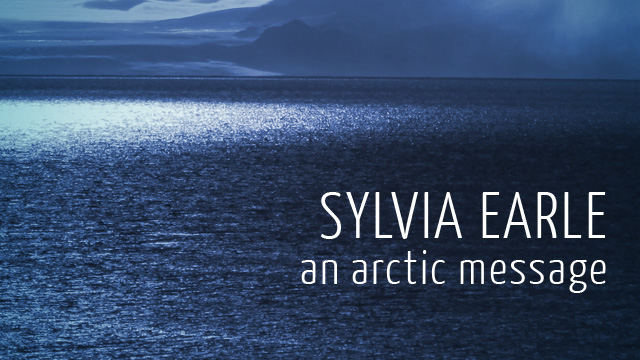
Sarah Bedolfe
Climate change to cause $2 trillion in ocean damage by 2100; Titanic tourism; sustainable fishing in France
Dive into the latest edition of The Weekly Dive, where we bring you the big ocean news!
Climate change to cause $2 trillion in ocean damage by 2100. A study found the tourism industry will be hit the hardest, and predicts a rise in ocean temperature of 4 C (7 F) if we don’t “radically cut emissions.” If we do make cuts however, more than half of the impact could be avoided. Things like species extinction, loss of nutrient cycling and cultural losses for coastal communities were not factored into the cost. [Reuters]
Titanic tourism. Groupon sold a travel package, including a submarine tour of the Titanic’s deep-sea resting place, a 13-day excursion, and access to special events. The lone ticket, valued at $59,680, sold for $12,500 to an unknown buyer. [Chicago Tribune]
French fishers take it upon themselves to be sustainable. A coalition of 800 French commercial fishing boats – a third of the country’s fleet – has formed to improve fishing methods and reduced bycatch. The group, Les Pecheurs de Bretagne, is expected to be influential in the hotly debated EU fishing policy. [The New York Times]
Frozen Planet melts TV critics. The highly anticipated BBC series about our planet’s polar regions, narrated by David Attenborough, premiered the first of seven episodes to glowing reviews. [The BBC; The Christian Science Monitor; The Washington Post]
Less Arctic ice, more ships means more risk for marine mammals. As the Arctic ice cap shrinks, marine species will increasingly contend with ship traffic. Arctic aboriginal groups and environmentalists seek speed limits to decrease the likelihood of deadly collisions. [Science Daily]
Sea turtles hang close to marine protected areas. A study found a much higher portion than expected – 35% – of the green turtle population is found within MPAs, even though MPAs cover only a small percentage of green sea turtle habitat. This is compelling evidence that such protections are effective for preserving wildlife. [Science Daily]
Kill a sea lion, save a salmon? Tribal groups and WA congressman Doc Hastings have supported NOAA’s decision to allow the killing of a limited number of sea lions, to prevent them from eating endangered salmon in the Columbia River. The Humane Society argued the killing is unwarranted, and that targeting invasive fish species and reducing fishermen’s catch limits would be more effective. [Yakima Herald]
Overfishing according to Oceana. In this video, Andy Sharpless, CEO of our partner organization Oceana discusses sustainable seafood at the 2012 World Ocean Summit this week.







